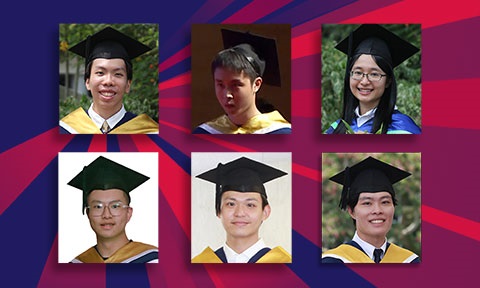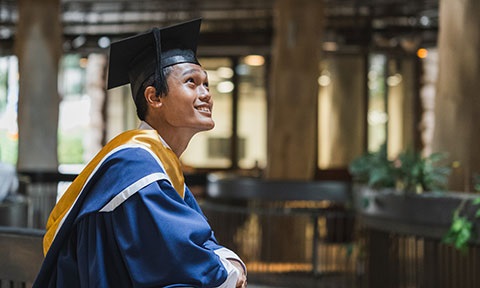CCDS Outstanding PhD Thesis Award 2024
Congratulations to the following PhD graduates for their achievement!
Winner
for contributions to building generalizable solutions that can enhance the capabilities and applicability of AIoT systems.
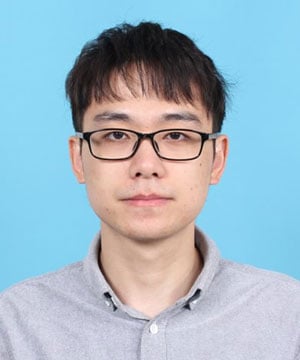
Dr XU Huatao
Building Generalizable Deep Learning Solutions for Mobile Sensing
Citation:
This thesis signifies a significant leap in mobile sensing with deep learning. It introduces LIMU-BERT, a pioneering sensor foundation model adaptable to various applications, and integrates it into UniHAR, a universal learning framework that trains models across domains using physics-informed data augmentation. A notable innovation is 'Penetrative AI,' the first-ever application of Large Language Models (LLMs) like ChatGPT for processing IoT sensor signals. This breakthrough enables LLMs to interact with the physical world, laying the groundwork for generalizable IoT solutions. The thesis's excellence is recognized by the SenSys 2021 best paper runner-up award and the GetMobile 2022 research highlight. Its models have gained nationwide adoption in Eleme, China's second-largest food delivery service. It also has sparked widespread discussion on social media. Altogether, this work substantially enriches the mobile sensing field, expanding both the scope and effectiveness of AIoT systems in practical applications.
Runner-Up
for contributions to advancing graph deep learning through innovative benchmarks, neural network architectures, and scalable frameworks
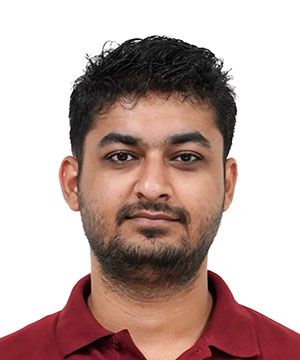
Dr DWIVEDI Vijay Prakash
Deep Learning for Graph Structured Data
Citation:
This thesis marks a significant advancement in deep learning for graph-structured data which are ubiquitous in domains such as drug discovery, social networks, medicine and transportation. Addressing the inadequacies of traditional deep learning approaches for such data, the thesis introduces comprehensive benchmarks for assessing Graph Neural Networks (GNNs) across varied domains. A key contribution is the extension of Transformer networks, fundamental to ChatGPT, to graph domains, integrating graph-based inductive biases and positional encodings, thereby enhancing expressivity and generalization. His work also proposes novel techniques for learning distinct structural and positional representations in GNNs, boosting model capacities. Further, he develops scalable Graph Transformers that can adapt to massive graphs with billions of edge connections, employing efficient local and global graph representations and fast neighborhood sampling. Overall, this thesis paves the way for the application of GNNs in complex real-world relational data scenarios, significantly contributing to the field of graph representation learning.
for contributions to systems addressing efficiency and practicality issues of ML model tuning, training, scheduling, and deployment in large-scale clusters.
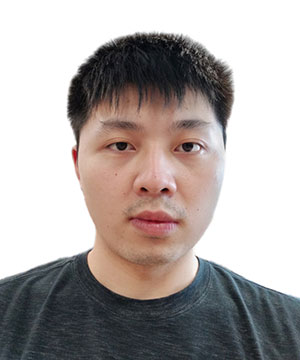
Dr HU Qinghao
Building Efficient and Practical Machine Learning Systems
Citation:
Emerging ML technologies have empowered transformative applications, such as ChatGPT and Stable Diffusion. These breakthroughs heavily rely on advanced system support, encompassing training frameworks and cluster schedulers. However, as ML workloads proliferate and billion-scale models surface, current systems fail to handle them efficiently. Qinghao’s thesis focuses on addressing efficiency and practicality issues with ML-tailored system designs. His research expands along two lines: (1) Efficiency. He pioneers system optimizations for both cluster and job levels. His ground-breaking work is the first to facilitate hyperparameter tuning for large models such as GPT-3. Through novel model scaling, fusion, and interleaving, he achieves two orders of magnitude acceleration. (2) Practicality. Most existing work targets excellent system performance while ignoring its complexity and usability. Qinghao first attains the state-of-the-art performance under the non-intrusive design principle in cluster scheduling systems. Besides, he crafts a unified framework to achieve transparent, performant and lightweight systems.
Jury 2024
Prof Loy Chen Change (Jury Chair)
Assoc Prof Tang Xueyan
Assoc Prof Lam Siew Kei
Assoc Prof Zhang Hanwang



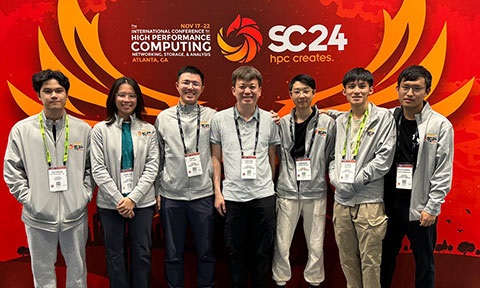
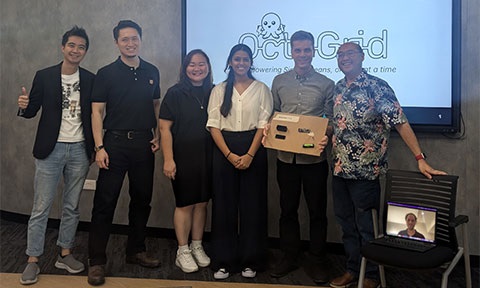
bc2e4407-0c54-407d-b26e-63010fde466a.tmb-listing.jpg?Culture=en&sfvrsn=6e3ef9fa_1)
